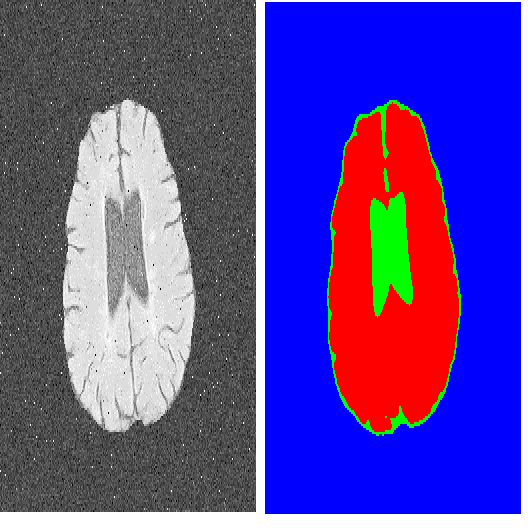The performance of deep segmentation models often degrades due to distribution shifts in image intensities between the training and test data sets. This is particularly pronounced in multi-centre studies involving data acquired using multi-vendor scanners, with variations in acquisition protocols. It is challenging to address this degradation because the shift is often not known \textit{a priori} and hence difficult to model. We propose a novel framework to ensure robust segmentation in the presence of such distribution shifts. Our contribution is three-fold. First, inspired by the spirit of curriculum learning, we design a novel style curriculum to train the segmentation models using an easy-to-hard mode. A style transfer model with style fusion is employed to generate the curriculum samples. Gradually focusing on complex and adversarial style samples can significantly boost the robustness of the models. Second, instead of subjectively defining the curriculum complexity, we adopt an automated gradient manipulation method to control the hard and adversarial sample generation process. Third, we propose the Local Gradient Sign strategy to aggregate the gradient locally and stabilise training during gradient manipulation. The proposed framework can generalise to unknown distribution without using any target data. Extensive experiments on the public M\&Ms Challenge dataset demonstrate that our proposed framework can generalise deep models well to unknown distributions and achieve significant improvements in segmentation accuracy.
翻译:深分解模型的性能往往由于培训和测试数据集之间图像强度的分布变化而退化。这在涉及使用多供应商扫描器获得的数据的多中心研究中特别明显,在获取协议上各有差异。解决这种退化具有挑战性,因为这种转变往往不为人所知\ textit{a sisidi},因此难以建模。我们提出了一个新框架,以确保在这种分布变化的情况下进行稳健的分解。我们的贡献是三倍。首先,在课程学习精神的启发下,我们设计了一种创新风格的课程,以使用简单到硬的模式来培训分解模型。使用风格聚合的风格传输模型来生成课程样本。逐步侧重于复杂和对抗式样样样样样本可以大大增强模型的稳健性。第二,我们不主观地界定课程的复杂性,而是采用一种自动的梯度操纵方法,以控制硬性和对抗性抽样生成过程。第三,我们提议了本地分级信号战略,以汇总本地的梯度,并在梯度操纵过程中进行稳定培训。拟议的框架可以概括到未知的分布,而不用任何未知的分布式数据。





